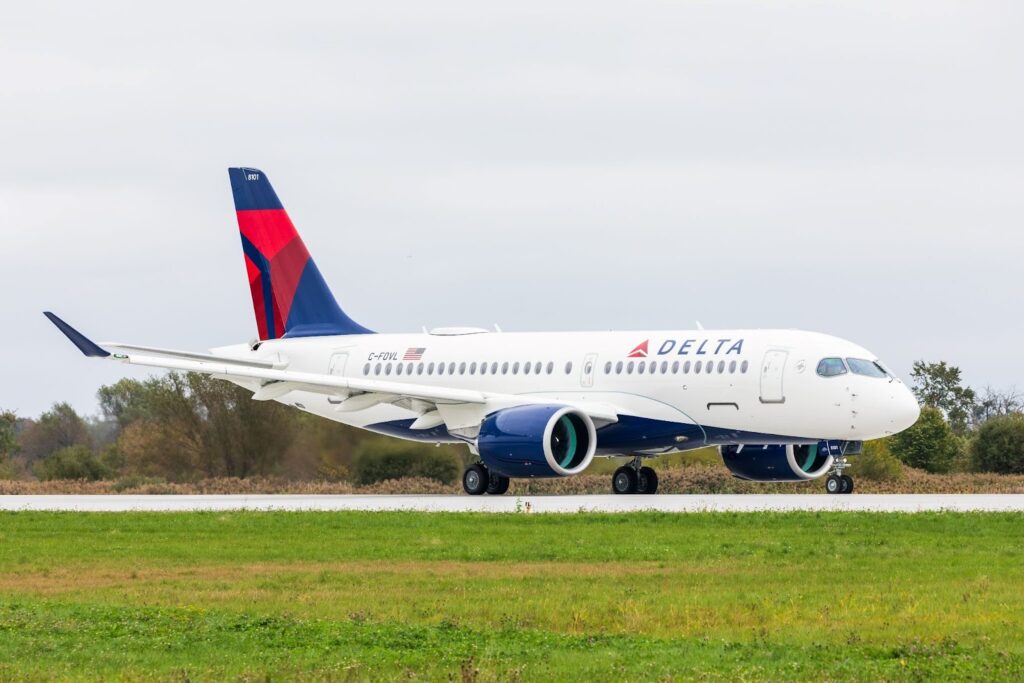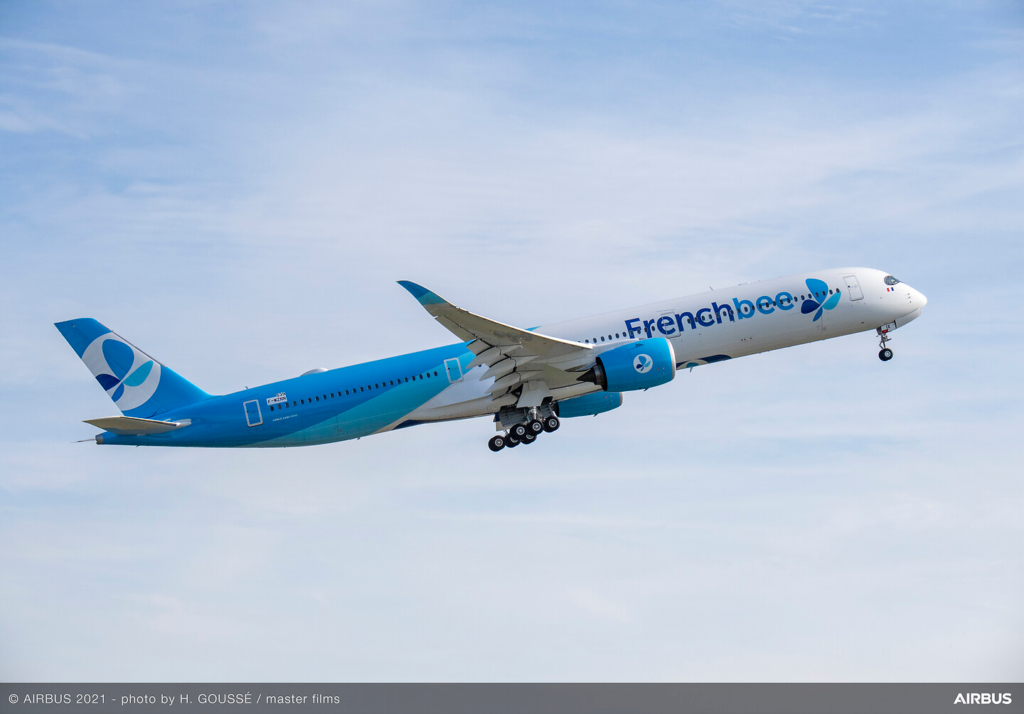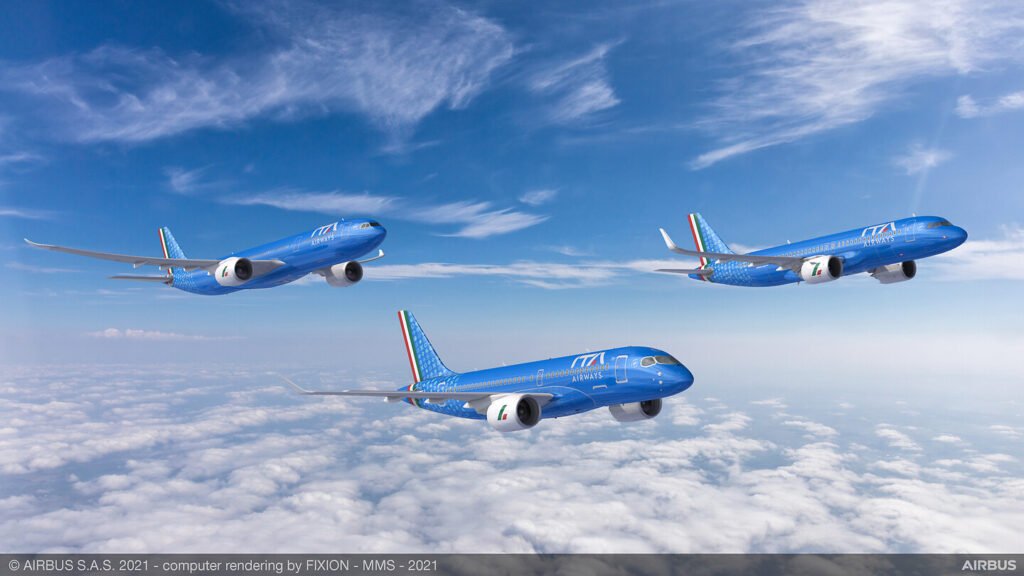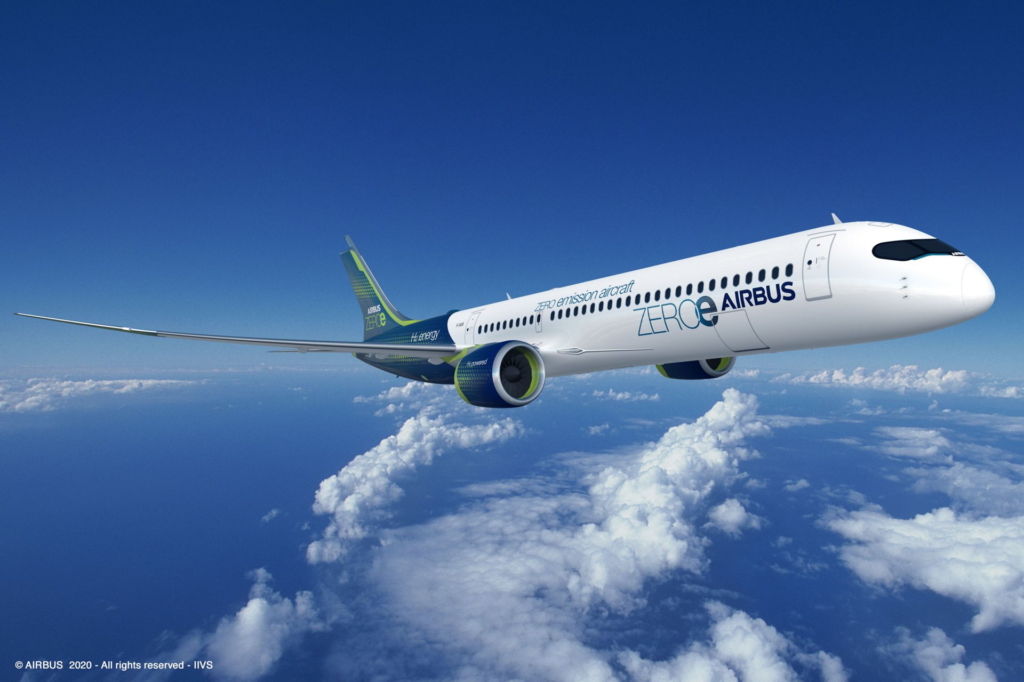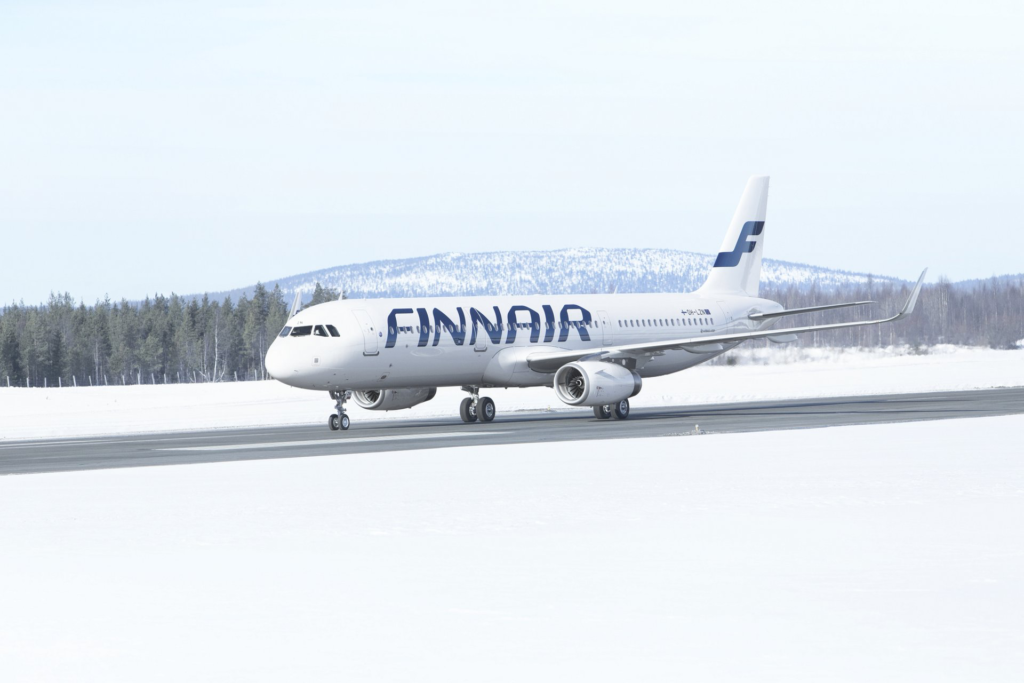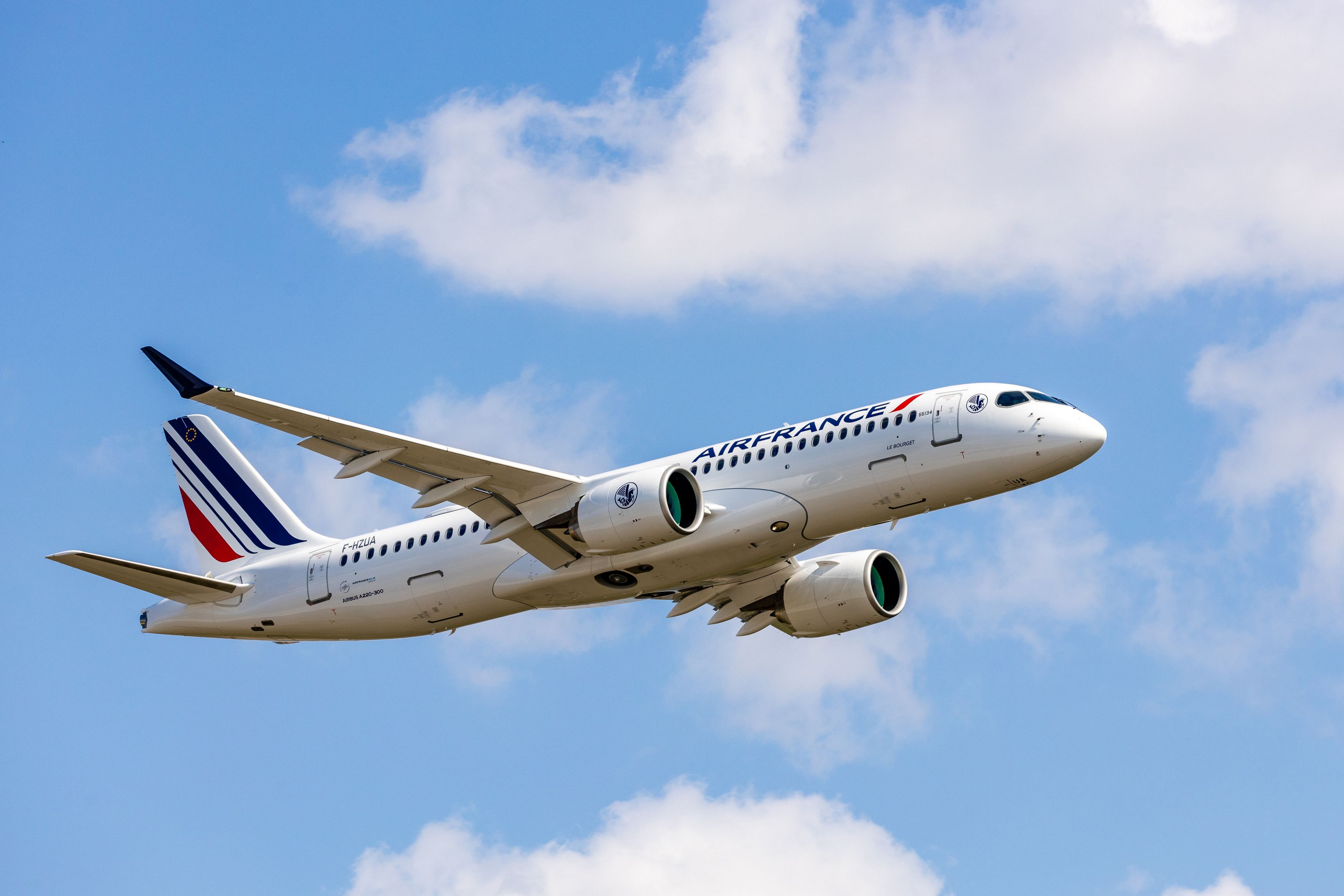Delta Air Lines discloses order for 12 additional A220 aircraft
Herndon, USA/Mirabel, Canada - 13 July 2023 – Under its current agreement, Delta Air Lines (NYSE: DAL) has disclosed an order for 12 additional A220-300 aircraft, bringing the airline’s total firm order for A220's to…
